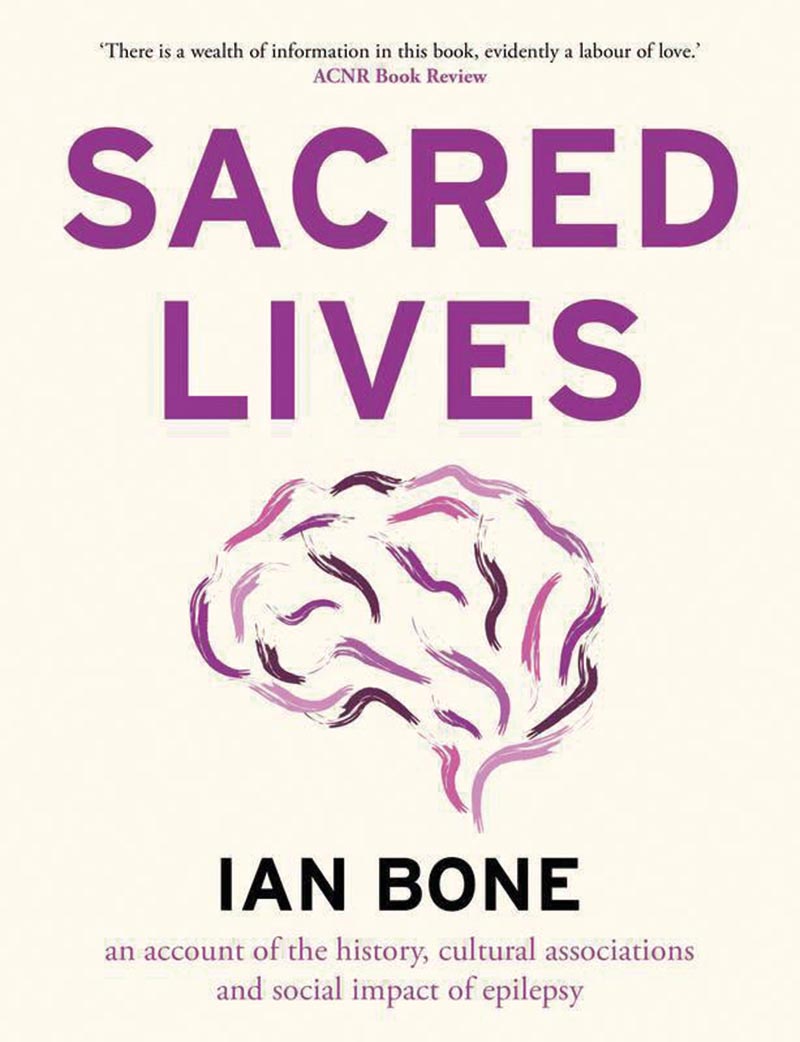Epilepsy is a common but much maligned, misunderstood and stigmatised condition. The World Health Organisation estimates that 50 million people worldwide live with it and yet, to the general public, it remains feared and attracts less empathy than it should.
Those with epilepsy often conceal it from all but their closest confidante and because scarcely any celebrity, or person in the public eye, will admit to having it the epilepsy community is deprived of its much-needed role models.
It is the unpredictable and repeated, albeit short-lived, loss of self-control which accompanies seizures that sets epilepsy apart from other long-term conditions. The emotions that are experienced after a seizure can include guilt, loss of confidence and low mood. Being in control of our thoughts and actions is central to our self-image and the manner in which we and society believe we should behave. Failure to conform to such norms is deemed antisocial and dismissed as unacceptable. An appreciation of this is central to understanding people with epilepsy and their public perception.
In ancient times, persons with epilepsy were considered to have unique powers, even hailed as geniuses
My credentials for writing about epilepsy are firstly as a father of a child, now adult, who lives with it and secondly as a neurologist whose work frequently involved its diagnosis and treatment. This unusual set of circumstances allowed me to see epilepsy from each side of the fence and appreciate that, despite considerable medical advances, the lack of social acceptance prevails. In my job, I came across many for whom life opportunities, even when seizures were medically controlled, were diminished.
My professional observations were mirrored by personal experience of how legal regulations, uninformed attitudes and perceptions negatively impacted my own family. Sacred Lives was written to bring epilepsy out of these shadows and inform a readership that those with the condition are no different from others. In ancient times, persons with epilepsy were considered to have unique powers, even hailed as geniuses, regarded as having a sacred disease and leading sacred lives. It is from this historical belief that the title of the book is taken.
The initial chapters describe the history of epilepsy from its earliest recognition, 4,000 years ago, to the present day. The book outlines the early myths and mystique that led to persecution, demonisation, incarceration and social rejection. It is only by the 19th century that epilepsy becomes accepted by physicians as a physical condition and not a manifestation of madness or the result of contagion.










